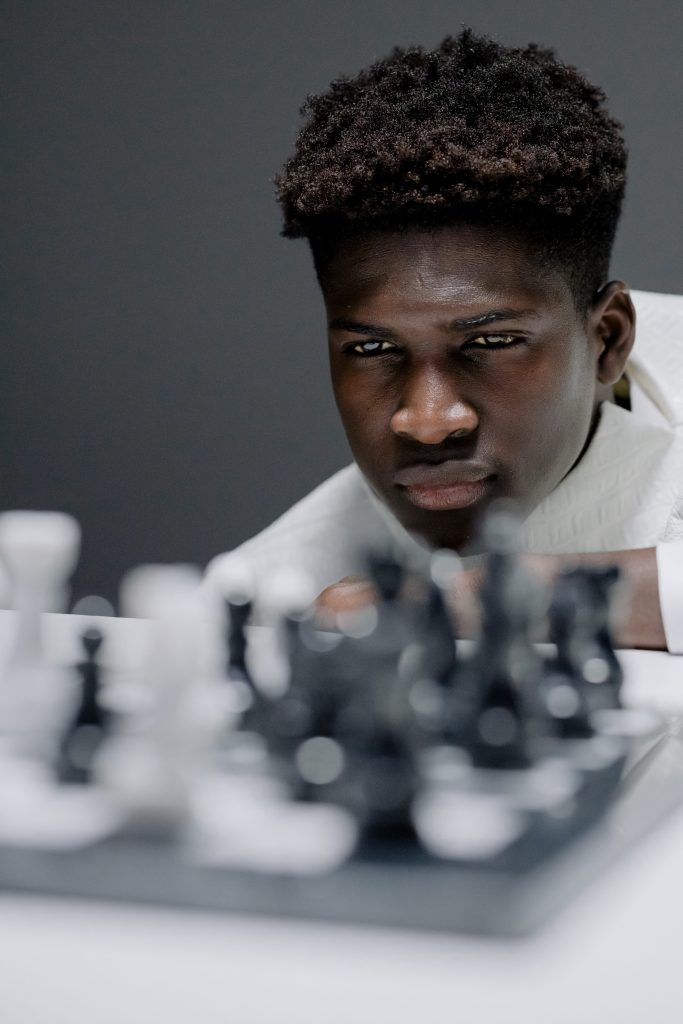Chess Openings: Some Reasons to Study Them
Chess players are divided into two groups: those who study chess openings all day and those who never do. Many fallacies exist concerning club players studying openings.
Many of them appear bewildered as to why they should study chess openings or not. We’ll look at six convincing reasons why any player, regardless of rating, should master chess openings in this article.
1. Study chess openings to learn how to control them.
One of the most important reasons to master chess openings is to understand how and where to develop the pieces. The rule that knowledge is power applies to chess as well. Many unskilled players don’t even attempt to prepare for the opening. As a result, each time the doors open, it’s a new adventure. In the absence of their own “pet line,” newcomers merely react to what their opponent does.
These players are never entirely in control of the game since their opponent takes the initiative and decides how the game will go.
2. Study chess openings to gain a “home field advantage.”
Strong players take a different strategy to the opening than rookie players, who simply follow their opponents’ lines. Stronger players have a number of different starting lines set in advance. They start putting pressure on their opponent to take one of the proposed lines based on their current location. This is similar to having a home-field advantage in sports.
I’m sure you’ll agree that playing in familiar positions is far more relaxing. When a player has to spend time learning how to play a game they’ve never played before, it’s far more challenging. When all 32 pieces are present at the start of the game, computation becomes substantially more complex.
Chess players who study openings come up with the best responses and the most effective ideas. It took a long time and a lot of effort to figure out how to make parts in the most efficient and effective method feasible. The opening theory is what it’s called. Studying openings and using what you’ve learnt in games makes perfect sense.

3. Study chess openings to learn how to avoid pitfalls.
The fear of being caught in an opening trap is one of the most common fears among chess players. Playing a new opening is like exploring uncharted territory. It could be littered with landmines waiting to detonate beneath your feet. On the market, there are tens of thousands, if not millions, of opening traps. Studying openings will help you dodge those traps, as well as a slew of other unpleasant surprises during the game.
Nobody wants to start with an uncastled king facing a serious onslaught or to play a piece down. With good opening planning, these types of opening tragedies can be avoided. There’s no need to start at the beginning.
4. Study chess openings to obtain an advantage.
Preparing for the opening not only keeps you out of trouble, but it also aids in achieving a good middlegame position. When all of the pieces have been developed, placed on good squares, and the king has been safely castled away, everyone enjoys playing chess. There is more space and activity.
Sound openings are a great way for any player to get this. When you’re in a better position, it’s a lot easier to play. Instead of focusing on equilibrating, you can devote all of your energy to launching massive assaults.

5. To save time, learn how to play chess openings.
It’s crucial to know exactly what to play in the first few bars. It can save a lot of time and work while also assuring that the middle game is at least equal. Preparing for the opening can help you save time for when it matters most. It’s hard to predict the type of middlegame a player will face in the next game. It’s also impossible to memorize all of the possible outcomes. They number in the tens of thousands, and learning them all would take a lifetime.
That is why studying chess openings is so important. It is possible to forecast the outcome of a game and focus primarily on key middlegames and endgames. In the early phases of the game, a player will be able to save time and use it later in more difficult scenarios. Nobody likes to waste a minute of their time in a stressful circumstance.
